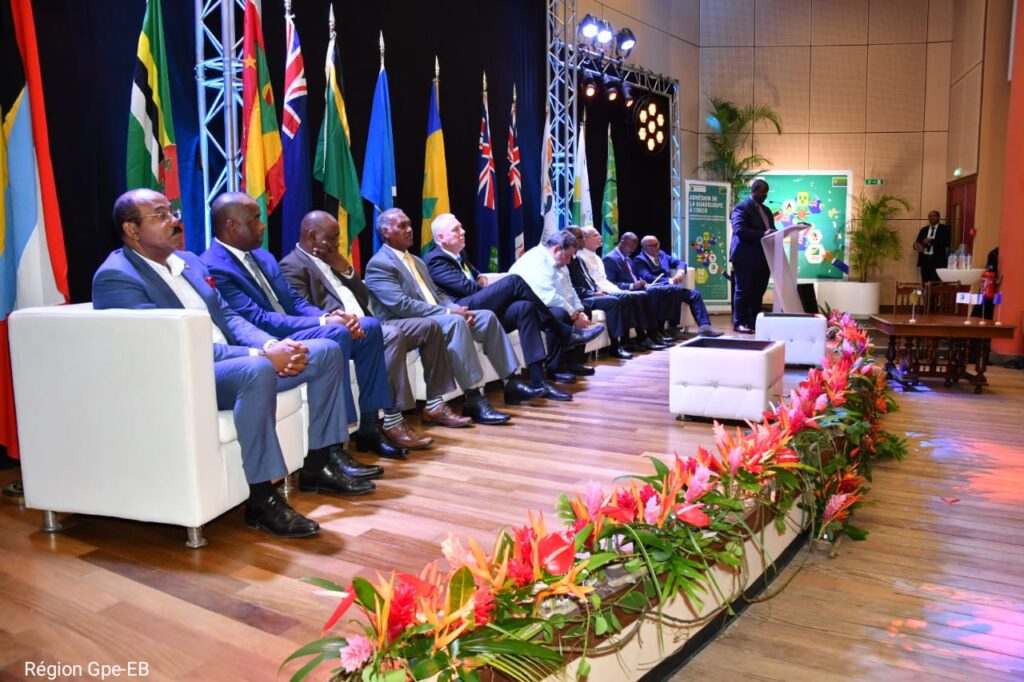Political Structure of Guadeloupe
Guadeloupe is an overseas region and department of France, meaning it is fully integrated into the French Republic, both administratively and politically. It follows the French constitutional system, but also has its own local institutions to manage regional affairs.
1. National Affiliation: Part of France
- Guadeloupe is considered both a French overseas department and a French overseas region.
- It is subject to French law, represented in the French Parliament, and follows the French Constitution.
- As a result, Guadeloupeans are:
- French citizens
- Vote in French national elections
- Use the euro (€) as currency
- Are protected by French institutions and international agreements.
2. Political Representation
- In France’s National Assembly: Guadeloupe elects 4 deputies (members of parliament).
- In the French Senate: Guadeloupe sends 2 senators.
- Also represented in the European Parliament as part of the French delegation.
3. Local Governance
Guadeloupe has two main elected local bodies:
A. Regional Council (Conseil Régional)
- Deals with economic development, transportation, education (high schools), and regional planning.
- Led by a Regional President (currently Ary Chalus as of recent years).
B. Departmental Council (Conseil Départemental)
- Manages social services, middle schools, welfare, and local infrastructure.
- Led by a President of the Departmental Council.
4. Prefect (Préfet)
- Appointed by the President of France.
- Acts as the state representative in Guadeloupe.
- Ensures national laws and policies are applied.
- Oversees police, security, and civil service.
5. Municipal Governments
- Guadeloupe is divided into communes (municipalities), each with:
- A mayor
- A municipal council
- These manage local issues like sanitation, primary education, housing, and local roads.
6. Judiciary
- Part of the French legal system.
- Has local courts (e.g., Tribunal de Grande Instance in Basse-Terre).
- Final appeals go to courts in mainland France (e.g., the Court of Cassation or Council of State).
7. Political Climate
Some local groups advocate for greater autonomy, but full independence has little popular support.
A mix of local parties and national French parties are active (e.g., Socialist Party, La France Insoumise, local autonomy movements).


